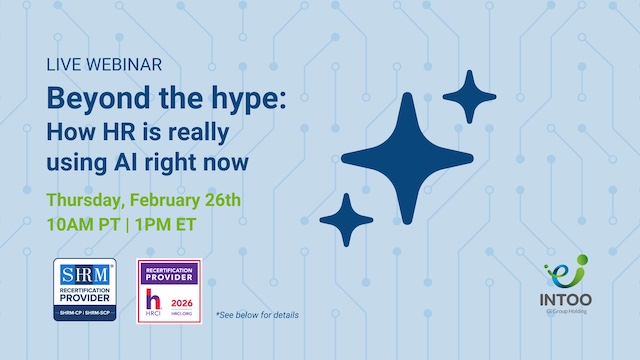What Is Employee Empowerment?
Employee empowerment refers to granting employees the authority, autonomy, and responsibility to make decisions and take actions related to their work tasks and responsibilities. It involves providing individuals with the necessary resources, information, and support to act independently and effectively in their roles. Empowered employees are encouraged to innovate, problem-solve, and contribute ideas and insights to achieve organizational objectives. This approach fosters a sense of ownership, motivation, and commitment among employees, leading to increased job satisfaction, engagement, and productivity. Ultimately, employee empowerment enhances organizational effectiveness by leveraging individuals’ diverse skills, knowledge, and talents throughout the workforce.
Why Is Employee Empowerment Important at Work?
Employee empowerment fosters a positive work environment and drives organizational success. Granting employees autonomy and authority promotes a sense of ownership and accountability, motivating individuals to take the initiative and contribute meaningfully to their roles. This autonomy enhances job satisfaction and engagement and stimulates innovation and creativity as employees feel empowered to experiment with new ideas and approaches. Moreover, empowerment leads to higher levels of trust between management and staff, fostering stronger relationships and collaboration. Ultimately, empowered employees are more committed to the organization’s goals, leading to improved productivity, efficiency, and overall performance. Thus, cultivating a culture of empowerment is essential for creating a dynamic and resilient workforce capable of adapting to challenges and driving sustainable growth.
Why Is Employee Empowerment Essential In Business?
Employee empowerment is essential in business for several reasons:
- Increased Engagement and Motivation: Empowered employees feel a greater sense of ownership and responsibility for their work. This increases engagement, motivation, and commitment to achieving organizational goals. Empowered employees are likelier to go the extra mile, take initiative, and innovate, driving overall productivity and performance.
- Enhanced Problem-Solving and Decision-Making: Empowerment allows employees to make decisions and solve problems in their areas of expertise. By decentralizing decision-making authority, organizations can tap into their workforce’s diverse perspectives and expertise, leading to more effective and timely solutions.
- Improved Customer Satisfaction: Empowered employees are better equipped to meet customer needs and provide high-quality service. With the authority to make decisions and resolve issues independently, employees can respond quickly to customer inquiries, address concerns, and deliver personalized solutions, ultimately enhancing customer satisfaction and loyalty.
- Fostered Innovation and Creativity: Empowerment encourages an organization’s culture of innovation and creativity. Encouraging employees to voice their ideas, experiment with new approaches, and take calculated risks fosters a culture of continuous improvement and innovation. This can lead to the development of new products, services, and processes that drive competitive advantage and business growth.
- Attraction and Retention of Talent: Organizations that empower their employees are more attractive to top talent. Empowerment signals a commitment to employee development, growth opportunities, and a supportive work environment, which can help attract and retain skilled professionals.
What Is an Example of Employee Empowerment?
An example of employee empowerment is a company implementing a “flat hierarchy” organizational structure, where decision-making authority is distributed across various levels of the organization rather than concentrated at the top. In such a structure, employees can make decisions relevant to their roles without constant oversight from higher-ups.
For instance, if a customer has a problem with a product or service, frontline employees have the authority to offer refunds, exchanges, or discounts to resolve the issue promptly. They’re also encouraged to use their judgment to provide personalized solutions based on the customer’s needs and circumstances.
This approach improves customer satisfaction by quickly resolving issues and boosting employee morale and confidence. Empowered employees feel trusted and valued, leading to a more positive work environment and stronger customer relationships. It also frees managers to focus on strategic tasks rather than micromanaging every customer interaction.




